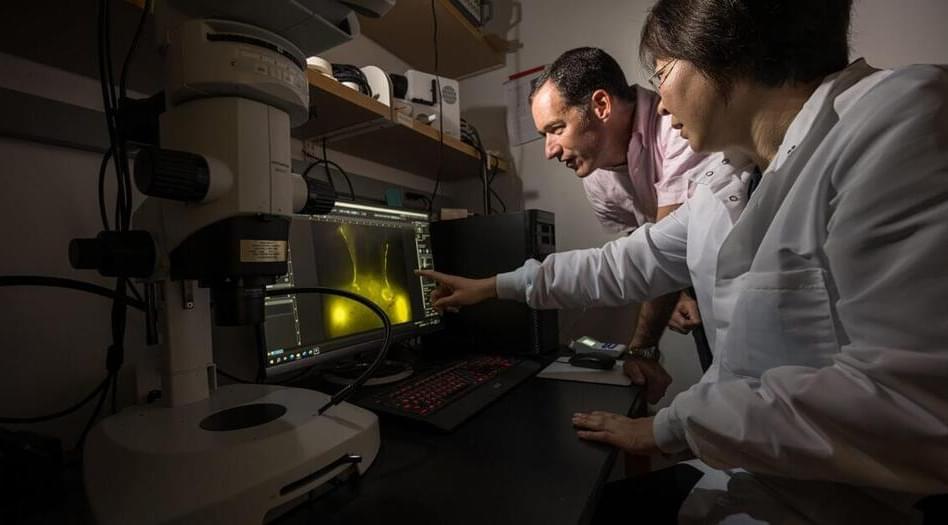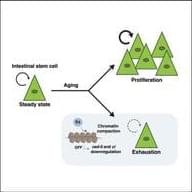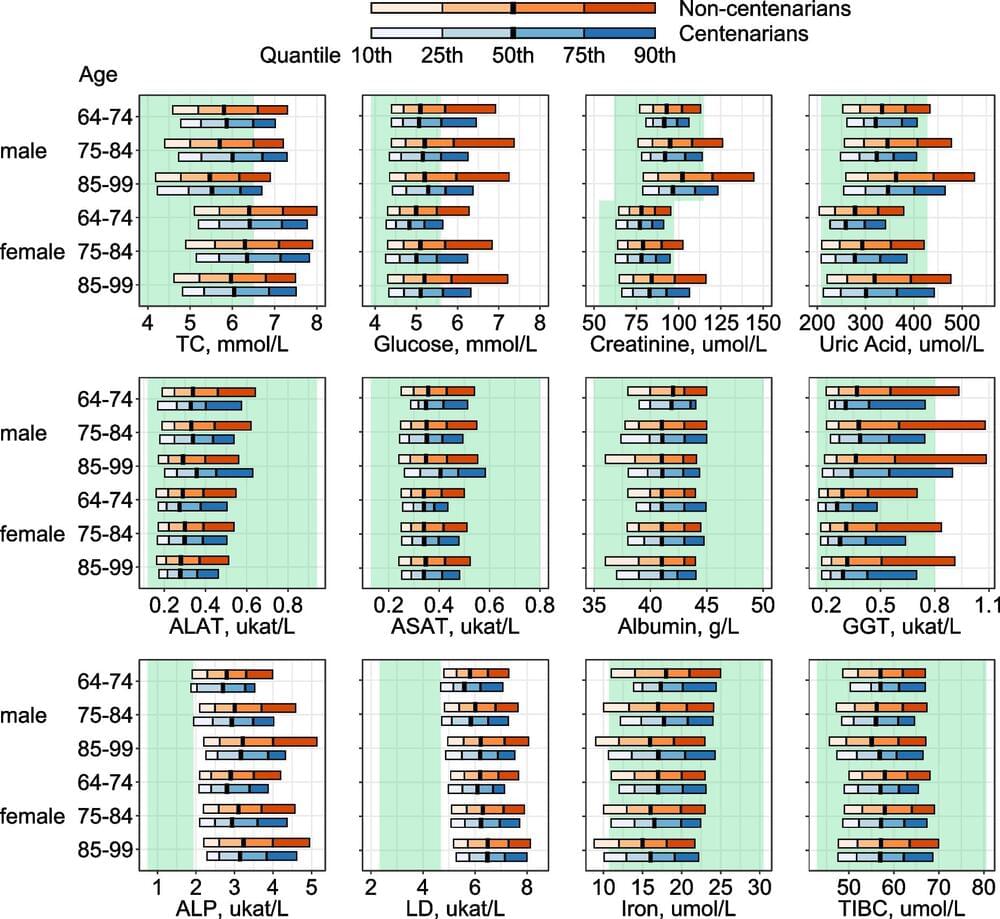Alzheimer’s, Parkinson’s, and other neurological disorders can be seen as “dirty brain” diseases, where the brain struggles to clear out harmful waste. Aging is a key risk factor because, as we grow older, our brain’s ability to remove toxic buildup slows down. However, new research in mice demonstrates that it’s possible to reverse age-related effects and restore the brain’s waste-clearing process.
“This research shows that restoring cervical lymph vessel function can substantially rescue the slower removal of waste from the brain associated with age,” says Douglas Kelley, a professor of mechanical engineering at the University of Rochester. “Moreover, this was accomplished with a drug already being used clinically, offering a potential treatment strategy.”
Kelley is one of the lead authors of the study, which appears in the journal Nature Aging, along with Maiken Nedergaard, codirector the University’s Center for Translational Neuromedicine. The study is one of many collaborations carried out by researchers at Rochester’s Hajim School of Engineering & Applied Sciences and the Medical Center.








